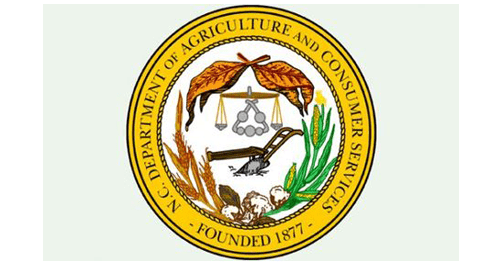-story courtesy of N.C Dept. of Agriculture
Today is Arbor Day in North Carolina, a day to remember the important role trees play in the lives of the state’s human residents, but also to the many animals who need wildlife habitats to thrive.
This year marks the 150th observance of Arbor Day, which first was observed in Nebraska in 1872, according to information from the N.C. Department of Agriculture.
“Trees clean our air, filter our water and are essential to wildlife habitats, which are benefits to all of us,” said N.C. Agriculture Commissioner Steve Troxler.
One goal identified in the recently updated North Carolina Forest Action Plan is to conserve and enhance the sustainable management of urban forests. Planting trees and responsible urban forest management at the local level including community involvement and participation in urban forestry recognition programs are critical to sustaining healthy forest resources in North Carolina.
“Planting trees is an easy way we can all contribute to the sustainable management and preservation of North Carolina’s forests for future generations,” Troxler said.
North Carolina is fortunate to have a variety of state forestry programs that protect forest resources by supporting landowners and communities with tree-planting, site preparation and forest improvement, said David Lane, state forester. Among these are cost-share programs such as the Forest Development Program and the Urban and Community Forestry grant program, both managed by the N.C. Forest Service. The NCFS Urban and Community Forestry program also oversees the application and award process for Tree City USA, Tree Campus Higher Education and Tree Line USA.
Learn more about N.C. Forest Service urban and community forestry programs and services at www.ncforestservice.gov/Urban/Urban_Forestry.htm. Learn more about the updated North Carolina Forest Action Plan at www.ncforestactionplan.com/.


















